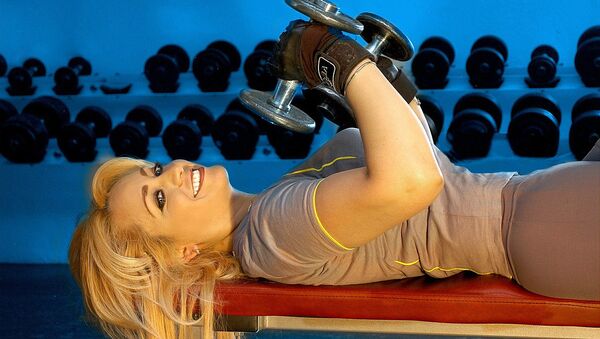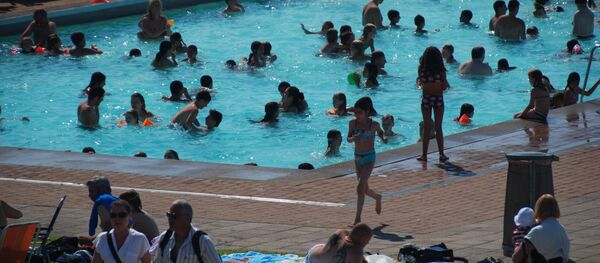"Appearance obsession is increasing, and many want a quick fix, thus resolving to drugs. A workout plan can stretch well over several years, and many lack this time today. For many, the root of the problem is low self-esteem: you want to look great, you want to be noticed, you want to become somebody," Stina Eklund Olofsson, head of anti-doping department at Friskis och Svettis, a chain of gyms in Stockholm, told the newspaper Svenska Dagbladet.
Another group who dope themselves consists of more regular exercisers who want a shortcut to achieving a fit body.
"Today it is considered a desired merit to be able to add to your CV that you have run Vasaloppet [a traditional 90 km ski race] or made though an Iron Man challenge [a series of long-distance triathlon races]. It is quite difficult for an average exerciser to cope with it, being busy with job and family. Therefore, many experience the need for something extra," Stina Eklund Olofsson said.
"Compared with professional sports, the society lacks competent bodies to tackle this growing problem," professor and doping expert Arne Ljungqvist said, arguing that the society has failed in its anti-doping work. Ljungqvist is now launching a campaign to unite the international sports community in the fight against doping.
Former heptathlon athlete and Olympic gold medalist Carolina Klüft, who is involved in the campaign, said that tinkering with hormones and dietary supplements is not at all necessary to achieve results.
"It is possible to win an Olympic gold medal eating normal food," she said.




